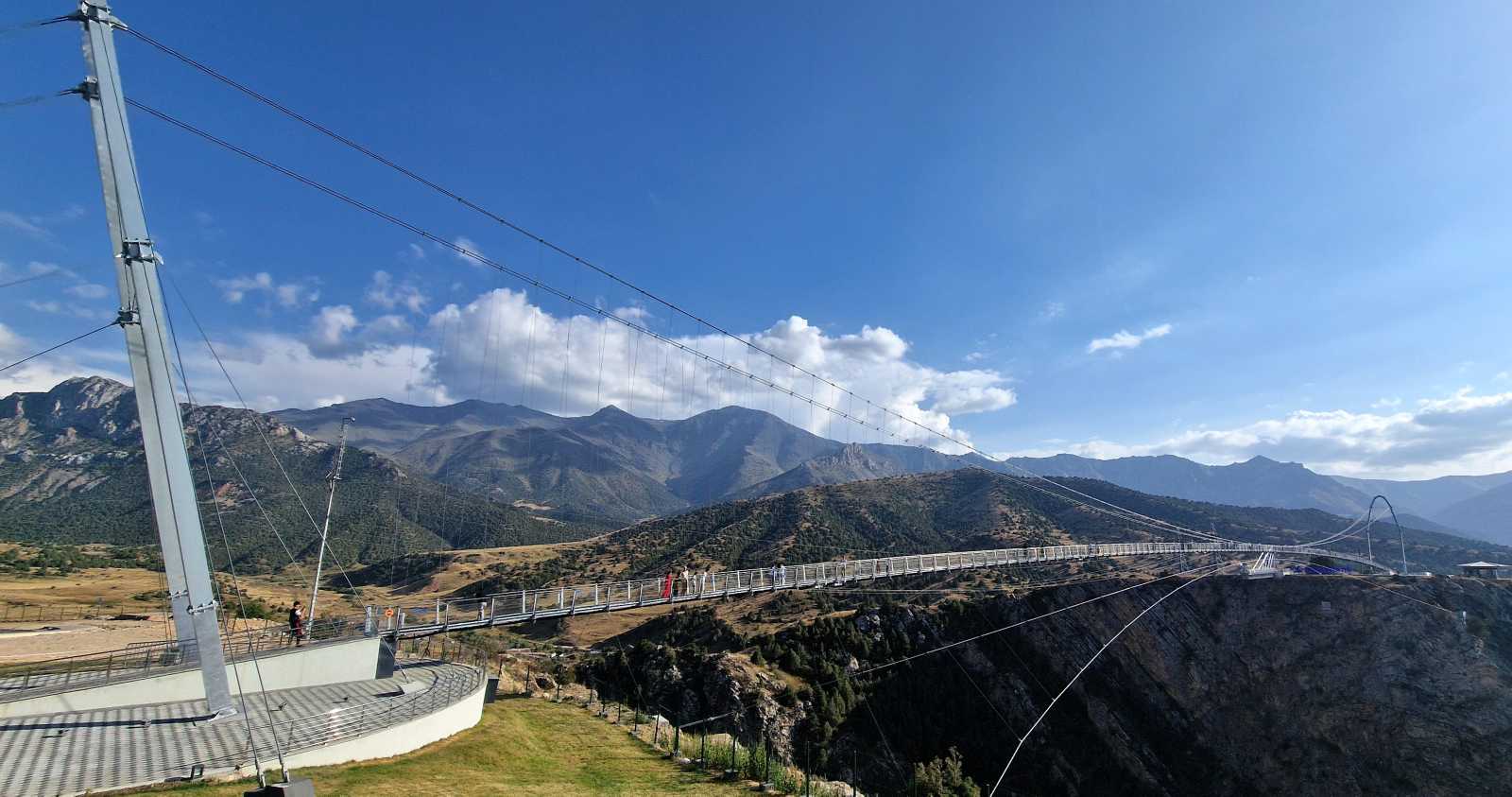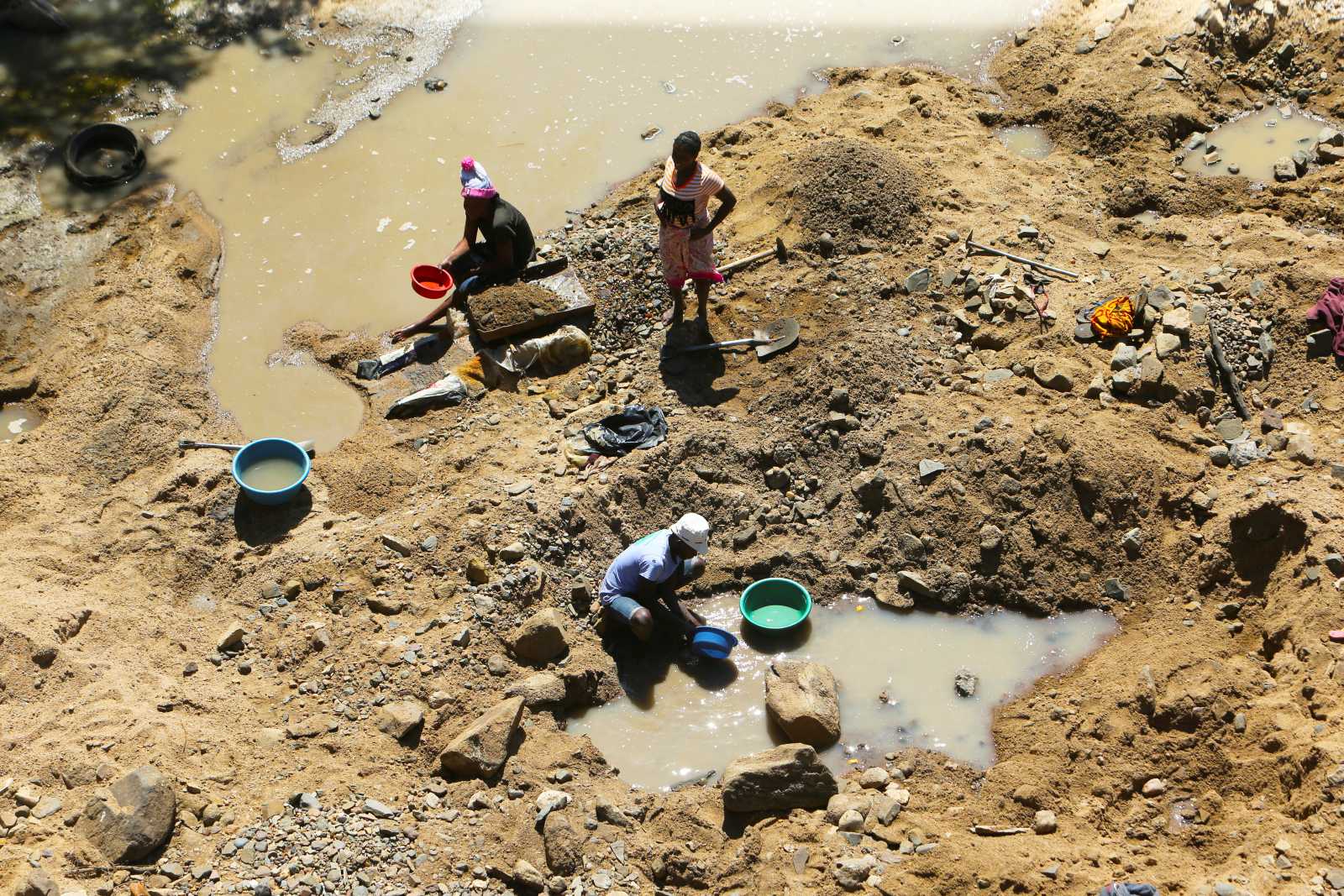Renewables
Powering the transition

”Energy transition” (Energiewende) is a hot topic in Germany. The term stands for phasing out both fossil fuels and nuclear power and switching to renewable resources. Ultimately, green energy sources like wind, water and sunshine are to replace environmentally destructive technologies.
Raw materials are needed to produce fuels from plants or to manufacture solar panels however. AfricAvenir International, a Berlin-based non-governmental organisation warns that alternative energies are not necessarily produced in socially responsible ways. “We need not only a green economy, but also a green democracy,” says Usha Ziegelmayer, an AfricAvenir activist.
Silas Siakor from Liberia’s Sustainable Development Institute understands the issue. Crude palm oil is one of the natural resources used for producing biofuel, and African leaders want their countries to have their share in the new market. The problem, according to Siakor, is that using vast strips of land for growing palms has serious consequences. Speaking at the Bonn International Centre for Conversion (BICC) in late April, he pointed out that forests are cut down and small farmers are forced to relocate to make place for big monocultures.
Today, private corporations control more than 5 million hectars in Liberia, Siakor reports. That is more than half of the country’s arable land. The companies lease land from the government for 30 to 60 years. “The terms of agreements are not beneficial for the country,” Siakor says. “These kinds of negative deals can only be made with weak governments.”
Large-scale land acquisitions by multinational corporations often lead to conflicts in the countries concerned. Displaced smallholders migrate to cities, while others move to areas were big plantations are laid out in the hope of finding work. Moreover, disputes arise over how resource revenues are shared, says Michael Brüntrup of the German Development Institute (DIE).
The demand for renewable energies has other negative impacts too. An example is environmentally destructive extraction of mineral resources. Marie Müller of BICC points out that Bauxite is the basis for the production of aluminium, which is necessary to build windmills for wind energy, and that rare earths are needed to make solar panels. Such raw materials are typically produced in open-pit mining, which requires lots of water and the removal of top soils.
In 2009, the United Nations Environment Programme (UNEP) estimated that, in the 1990s, 18 civil wars worldwide were triggered by conflicts about natural resources. Moreover, there are many low-level conflicts about access to land, water and resource extraction.
Ultimately, national governments, private-sector companies and end consumers share responsibility for ensuring that human rights are respected in commodities production, says Liberian environmentalist Siakor: “This is not just about new technologies. As a global community, we have to talk about how we are going to make the change from one lifestyle to another.“
Sheila Mysorekar








